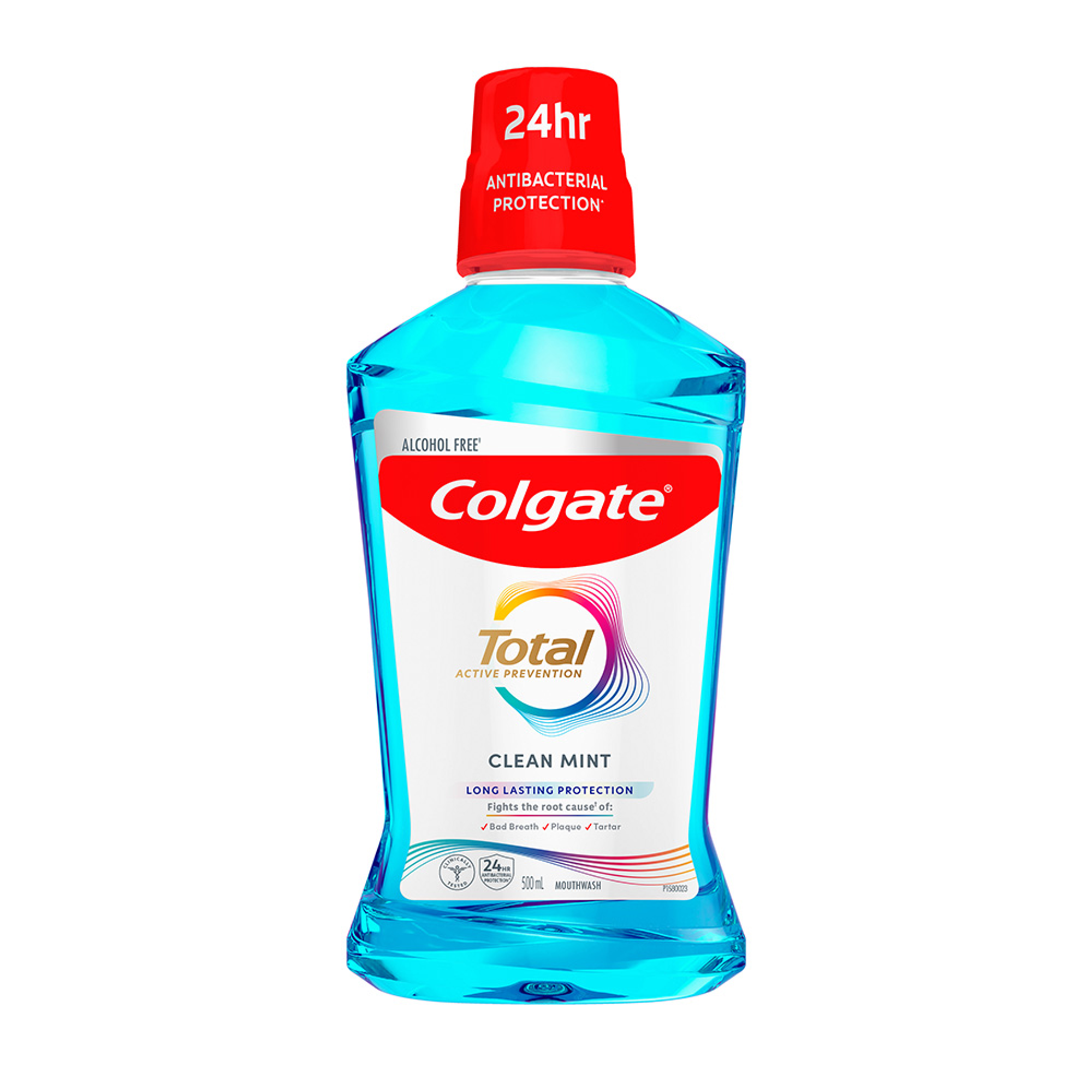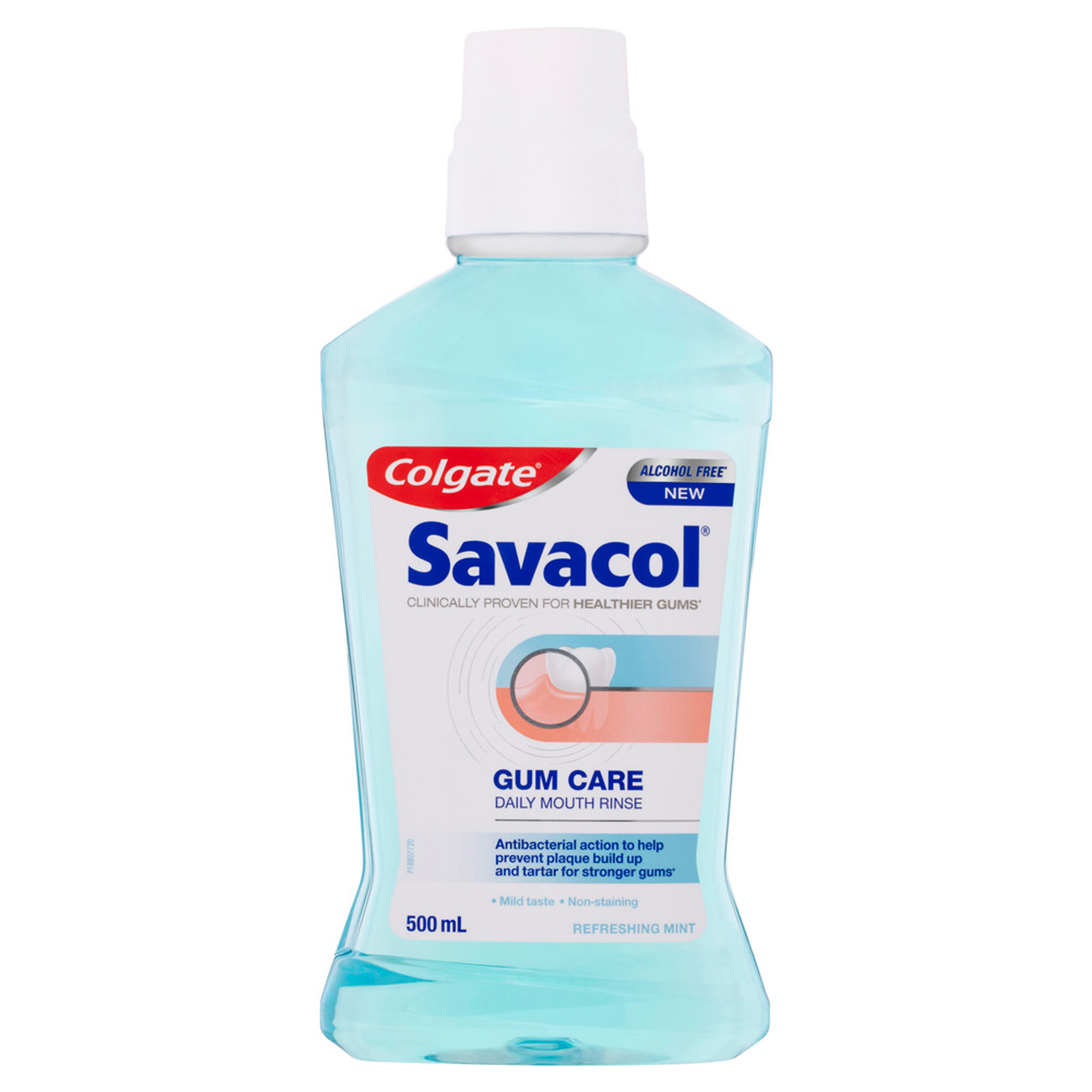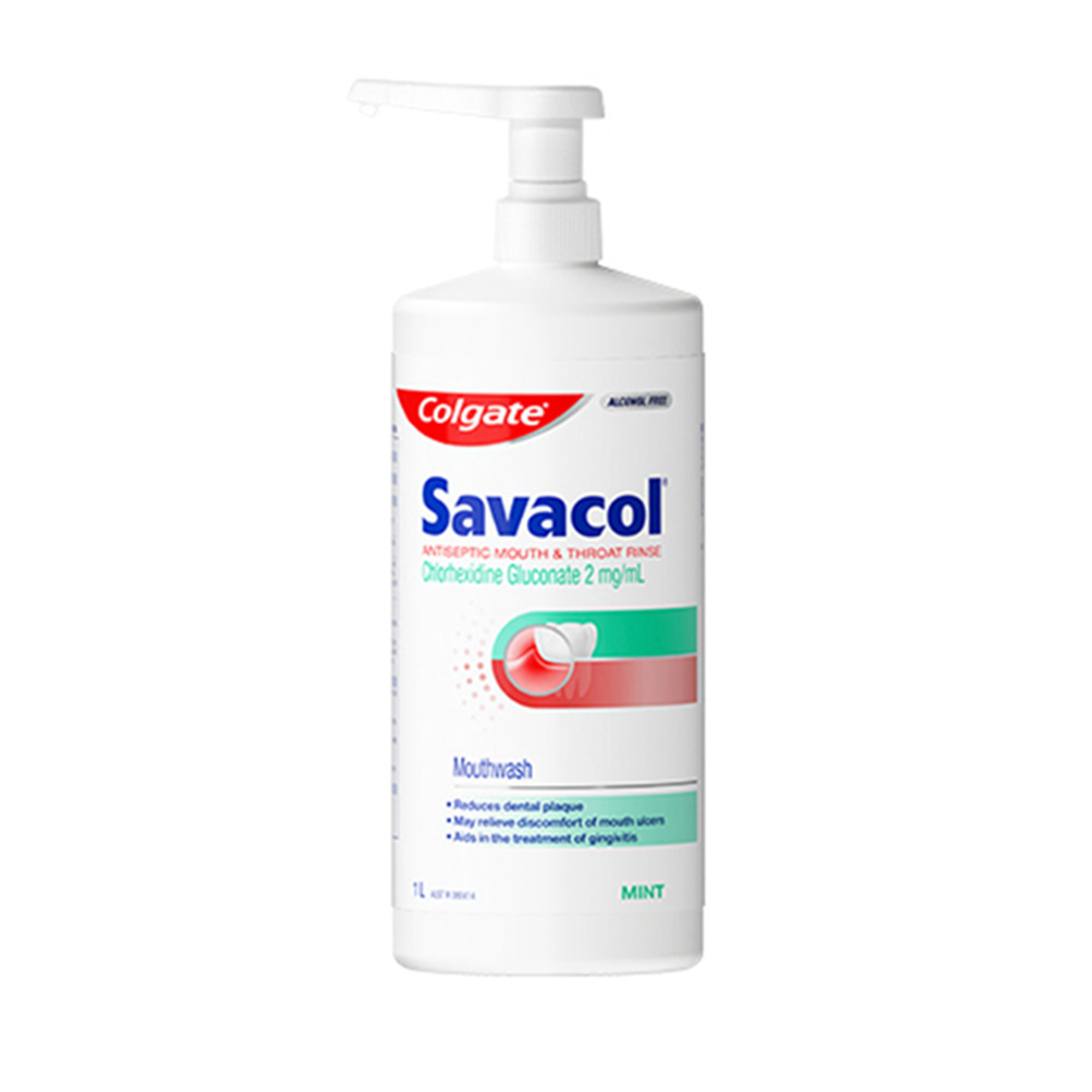
In the whirlwind of parenting, the pursuit to simply meet bub’s basic needs can feel overwhelming at times. It’s often not until parents notice changes in their little one’s behaviour that they realise that perhaps one of the more essential aspects of their care has been overlooked and, by that point, it’s often too late.
In our profession, we see many parents crippled by guilt for the condition of their children’s teeth. We see them on edge as their children anxiously await emergency general anaesthetics, having fasted for hours on end. We see them tear up as their children drift off to sleep. Parents needn’t be chastised if their child’s oral health has fallen through the cracks. Rather, the onus falls on the system to guide them in the right direction.
While parenting manuals grace the shelves of every bookstore, it’s unfair to expect parents to know how best to care for their offspring without direct interactions with positive role models, healthcare providers, parents’ groups or public health campaigns. Unfortunately, oral health promotion is not always included in antenatal care, or may be lost in an overwhelming barrage of information. In our experience of patients with childhood caries, parental behaviours generally stem from a desire to do best by one’s children, but many parents may be unaware of the caries risk factors that seem apparent to us as health professionals, face barriers to daily oral hygiene practices or hold unfortunate misconceptions. For instance, non-compliance with regular oral care may also arise from complacency perpetuated by the understanding that primary teeth will inevitably be replaced by their permanent successors. Interviewing childrens’ care providers and ascertaining the difficulties that they face - oral aversions, intolerance of minty tastes, lack of motivation and so on - provides an avenue for their encouragement and facilitates the provision of an armamentarium to overcome barriers to oral health.
We also encounter parents who optimistically perceive their offsprings’ independence in some domains of life as a sign that they can be responsible for their own oral care and prematurely permit unsupervised brushing once their little ones hit other developmental milestones. If children can’t colour inside the lines, the likelihood is that they lack the dexterity for adequate mechanical plaque removal on their own - plus, they might be too consumed by finishing a masterpiece or jumping on the trampoline to initiate the act of toothbrushing without the direct assistance of a parent.
Parents’ endeavours to soothe their little ones with milk and the use of food rewards can also inadvertently be deleterious to their oral health. In most cases, the introduction of solid foods coincides roughly with the eruption of the primary dentition and breastfeeding is often ceased entirely at or before the twelve-month mark. However, it’s not uncommon for us to encounter cases of early childhood caries in toddlers who have been breast- or bottle-fed after nocturnal brushing for their first two or three years of life. While handy to placate a toddler in the thick of the terrible twos or to incentivise good behaviour, the use of sweet treats in the management of challenging behaviours is another common pitfall that we observe, as is acquiescing to those with a taste for sweetened and/or carbonated beverages over water. While they represent “sometimes” foods, we all know some occasional caregivers (with grandparents and fun aunties/uncles often the culprits) who, even with the best of intentions, break good habits being established at home, with the culmination of repeated sugary exposures throughout childhood potentially resulting in distress to the families of children who they find themselves with avoidable odontogenic pain and infection.
Another concerning pattern that we observe in our clinics is that parents may neglect their own oral health regimes to provide for their children. While the roots of this behaviour are selfless in origin, this sets a dangerous precedent for the lack of prioritisation of oral health by the next generation if positive oral health behaviours are not effectively modelled by parents. Regular dental visitation is a habit that we endeavour to instil in patients throughout life.
As many children with dental disease may not present to a dental practitioner until opportunistically screened by the School Dental Service or advanced caries becomes symptomatic, all interactions with the health system and educational or community institutions are windows for opportunistic health promotion. My experience of oral health advocacy in schools was reassuring. Curricula have been overhauled to place an emphasis on general health, with the common risk factor approach reinforcing tooth-friendly habits in our nation’s younger generations. However, irreparable damage has often already occurred before a child sets foot in the classroom. It is therefore crucial that the whole healthcare team (including obstetric, neonatal and paediatric physicians, general practitioners, midwives, nursing staff and allied health professionals) is able to counsel caregivers on countering unproductive lifestyle choices that adversely influence oral and general health and to identify signs that warrant urgent referrals to the dental team. In addition to modifiable lifestyle factors, their early communication of the dental sequelae of systemic developmental disruption or childhood illness may also precipitate timely dental visits that precede the breakdown of hypomineralised or hypoplastic teeth.
Health is the cornerstone of us reaching our potential in life. It is therefore our professional responsibility as dentists to disseminate positive oral health messages and to work with individuals and organisations to promote early intervention and prophylactic measures to avoid the premature loss of primary teeth, to perpetuate positive habits throughout life and to ensure that dental disease represents a smaller fraction of preventable hospital admissions.
Emma, a founding member of the Colgate Advocates for Oral Health: Editorial Community, completed her Doctor of Dental Medicine at the University of Western Australia as the Australian Dental Graduate of the Year 2020. She is passionate about contributing to the future of oral health through dental education, community engagement and research. She hopes to share her insights to encourage members of the dental profession to reflect on opportunities for personal and professional growth to benefit our patients and the wider community.
Join us
Get resources, products and helpful information to give your patients a healthier future.
Join us
Get resources, products and helpful information to give your patients a healthier future.











